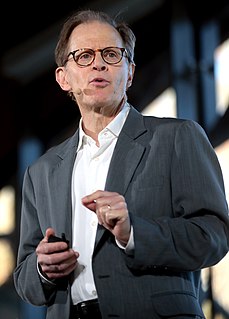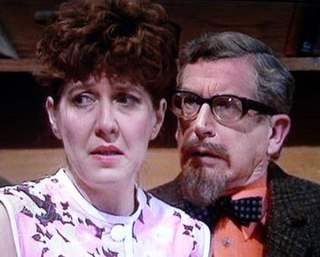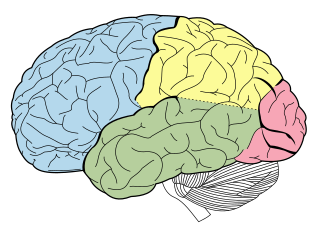A Quote by Roger Penrose
It is hard to see how one could begin to develop a quantum-theoretical description of brain action when one might well have to regard the brain as "observing itself" all the time!
Related Quotes
We now know that the way to help a child develop optimally is to help create connections in her brain—her whole brain—that develop skills that lead to better relationships, better mental health, and more meaningful lives. You could call it brain sculpting, or brain nourishing, or brain building. Whatever phrase you prefer, the point is crucial, and thrilling: as a result of the words we use and the actions we take, children’s brains will actually change, and be built, as they undergo new experiences.
The brain is really hard to see. The whole thing is very large - the human brain is several pounds in weight - but the connections between brain cells, known as synapses, are really tiny. They're nanoscale in dimension. So if you want to see how the cells of the brain are connected in networks, you have to see those connections, those synapses.
Everyone uses the brain at every moment, but we use it unconsciously. We let it run in the background without realizing the power we have to reshape the brain. When you begin to exercise your power, the everyday brain, which we call the baseline brain, starts to move in the direction of super brain.
The very nature of the quantum theory ... forces us to regard the space-time coordination and the claim of causality, the union of which characterizes the classical theories, as complementary but exclusive features of the description, symbolizing the idealization of observation and description, respectively.
Psychologism holds that logical assertions are percolations of brains. Thus logic is a set of rules for how healthy brains operate. Aside from the infinite regress of a brain determining whether a brain is healthy, we have the infinite regress of the idea 'All concepts are brain percolations' being itself a brain percolation, on its own terms.
What if life after death is all based within memory: you die, and you don't ascend on a bed of clouds to Jesus, but your brain has a terrain that it can use to propel itself further. It's more of a theoretical afterlife. If that's true, all of these theoretical afterlives of people could potentially interact or network. That space seems way more powerful and exciting than reality. This potential boundlessness is more of what god is to me.
Experiments on split-brain patients reveal how readily the left brain interpreter can make up stories and beliefs. In one experiment, for example, when the word walk was presented only to the right side of a patient's brain, he got up and started walking. When he was asked why he did this, the left brain (where language is stored and where the word walk was not presented) quickly created a reason for the action: I wanted to go get a Coke.
But if the brain is not like a computer, then what is it like? What kind of model can we form in regard to its functioning? I believe there's only one answer to that question, and perhaps it will disturb you: there is no model of the brain, nor will there ever be. That's because the brain, as the constructor of all models, transcends all models. The brain's uniqueness stems from the fact that nowhere in the known universe is there anything even remotely resembling it.
Since functional brain imaging first emerged, we have learned that there aren't very many brain regions uniquely responsible for specific tasks; most complex tasks engage many if not all of the brain's major networks. So it is fairly hard to make general psychological inferences just from brain data.
We have allowed brain thinking to develop and dominate our lives.
As a consequence, we are at war within ourselves.
The brain desiring things which the body does not want, and the body desiring things which the brain does not allow; the brain giving directions which the body will not follow, and the body giving impulses which the brain cannot
We are not born with effective vision. The human infant has to learn how to see. The eyes gather information, they transmit it to the brain, but the brain doesn't know how to process it yet. We learn how to see in a way that's very similar to the way we learn how to speak. It takes a couple of years.



































